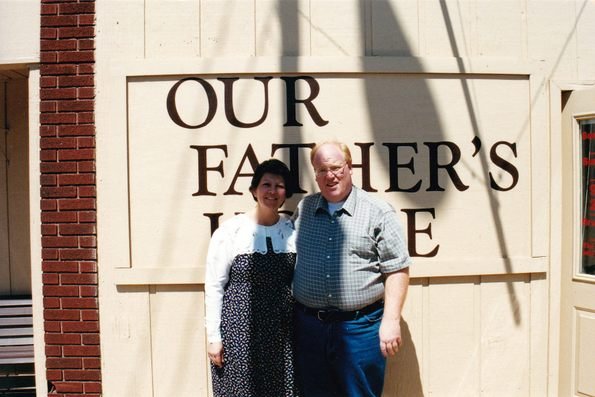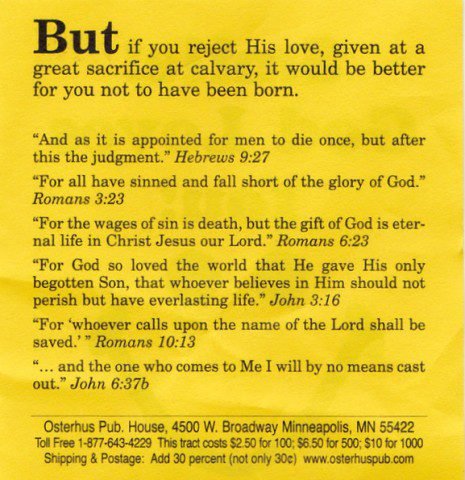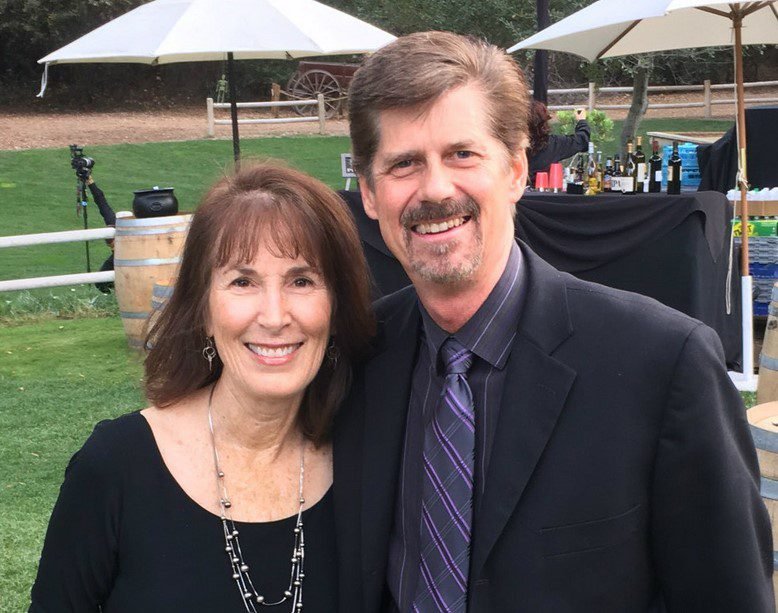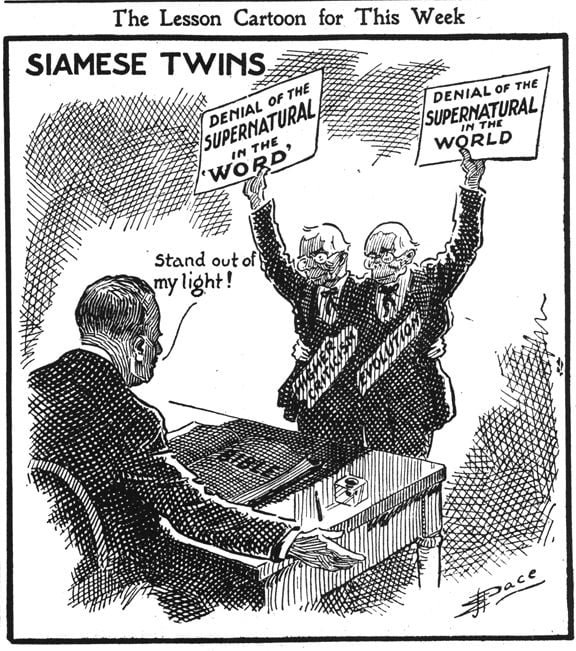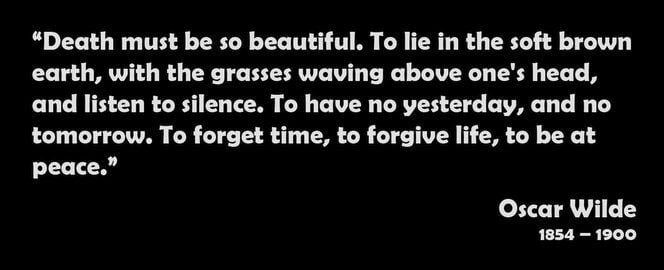
Recently, a reader of this blog asked me to answer this question: Bruce, Will You Repent on Your Deathbed and Return to Jesus?
Good question.
I divorced Jesus in November 2008. Since then, I have proudly worn the atheist label. I am often asked WHY Jesus and I had a falling out and I ended our five-decade-long marriage. (Please see the WHY? page.) While the reasons are many, the primary reason I left Christianity is that its beliefs and practices no longer made sense to me. (Please see The Michael Mock Rule: It Just Doesn’t Make Sense.) I no longer believed the central claims of Christianity: the existence of the triune God, the deity of Christ, the virgin birth, the resurrection of Jesus from the dead, to name a few. I no longer believed in original sin or that humans were inherently broken and in need of saving. I no longer believed that the Bible was an inerrant, infallible text supernaturally written by God. I came to the conclusion that Jesus lived and died, end of story; that the miracles attributed to him were human fabrications. As you can see, I reject out of hand virtually everything Christians believe and hold dear. Thus, I am an atheist.
Heaven and Hell are religious constructs used by clerics to keep asses in the pews and money in the offering plates. Heaven is the proverbial carrot, and Hell is the stick. Since these places do not exist, I need not fear spending eternity in the Lake of Fire being tortured by God for my unbelief.
While I am confident that Christianity is untrue, I remain open to evidence that suggests otherwise. It’s doubtful that any such evidence is forthcoming. Christian theologians and apologists have been making the case for Christianity for 2,000 years. I suspect everything that can be said, has been said. Solomon was right when he said, “there’s nothing new under the sun.” Countless Christian apologists have stopped by this site to ply their apologetical skills, hoping to reclaim Bruce, the atheist, for Jesus and perhaps save a few of his “followers.” Every one of them has left frustrated that their super-duper, clever, sophisticated arguments failed to win anyone to their cause. Why? Same shit, new day.
I am sixty-three years old. In poor health, struggling just to make it to the next day, I know that I shall die sooner, and not later. Maybe I will live twenty more years. I doubt it. Dealing with chronic illnesses and unrelenting pain wears me out. There could come a day when I have had enough and I put an end to my struggle. Or, I could have a stroke, heart attack, cancer, or die from a hematoma on my brain from being clocked with a Lodge cast iron skillet by my wife. Or I could trip over toys left on the floor by one of my grandchildren, breaking my neck. The death possibilities are endless. Cheerful thoughts, people, cheerful thoughts. 🙂
The question posed to me presupposes that I will have a terminal illness that makes me bedridden, affording me the opportunity to repent of my sins and ask Jesus to save me. On that day, will I have the courage of my convictions and remain true to atheism, or will I pray the sinner’s prayer just in case that Christianity is true?
The pattern of my life suggests that I will remain true to my convictions; that I will die, not with the name of Jesus on my lips, but that of my wife and family. I have no doubt that upon hearing of my soon demise, Evangelical evangelizers will seek me out, hoping to get one last word in for Jesus. Ceiling prayers will be uttered by Christians, pleading with God to save the vile, wretched, sinful atheist Bruce Gerencser. Will these efforts have their desired effect? I doubt it. The fact remains that I deconverted because Christianity no longer made any sense to me. I came to see that the central claims of Christianity were false. Intellectually, I simply don’t buy what Christians are selling. Since it is highly doubtful that any new evidence is forthcoming, I see no reason for me to change my mind on my deathbed.
Let me conclude this post with an excerpt from Lawrence Krauss’ New Yorker article titled, The Fantasy of the Deathbed Conversion:
Earlier this spring, a prominent evangelical Christian named Larry Taunton published a book alleging that Christopher Hitchens, an outspoken atheist, had been, during the last years of his life, “teetering on the edge of belief.” Taunton, who claims to have been one of Hitchens’s friends, cites as evidence two conversations he had with Hitchens during car trips on the way to debates about religion and atheism—debates, it must be said, that Hitchens was paid to attend.
Hitchens’s family and actual friends—people who didn’t pay to spend time with him—know that this claim is absurd. (I was honored to be one of Hitchens’s friends during the last five years of his life.) Hitchens saw Christianity as little more than a social virus with interesting literary overtones. That view never changed during his final year of life—a period during which Taunton didn’t even meet with him. Hitchens loved to engage in generous intellectual repartee, even with those with whom he unequivocally disagreed. His civility, it seems, has been misinterpreted.
This most recent claim, of course, is just the latest in a long line of similar claims about famous atheist conversions. It raises a worthwhile question: Why do evangelical Christians so often seek to claim converts among the dead?
In relatively recent history, the most well-known postmortem Christian evangelist is probably Elizabeth Cotton. In 1915, she declared that, thirty-three years earlier, Charles Darwin himself had revealed to her, on his deathbed, his wish to recant the doctrine of evolution in exchange for Christian salvation. This claim was shown to be false by none other than Darwin’s daughter, Henrietta Litchfield, who was with him at the end. She pointed out that Cotton—like Taunton, in Hitchens’s case—hadn’t actually visited him during his final days. And evangelical Protestants aren’t the only Christians addicted to the narrative of the deathbed conversion. Catholics have made claims about the “long conversion” of Oscar Wilde; the Mormon Church has gone so far as to baptize dead people who haven’t asked for it—pro-bono conversion, as it were.
….
In a conversation we had a few years ago, Hugh Downs, the television anchor, suggested why this might be so. One of the reasons people go to church, he said, is intellectual validation. People attend church for spiritual and social reasons, of course: to pray and to see friends. But they also want to hear their religious convictions affirmed—convictions that, as the Dawkins survey suggests, may seem a little dubious during the rest of the week. Could it be that evangelicals seek to convert the famous dead because they’re insecure about their own beliefs? If they can claim that people they admire as intellects—Darwin, Wilde, Hitchens—ultimately agreed with them, it validates their own faith.
In the end, what evangelists don’t recognize is that atheism is not a belief system like Christianity, from which one might defect after hearing some arguments or having a few sombre conversations. It is, instead, simply a rational decision not to accept the existence of God without evidence. As wise thinkers, including Laplace, Hume, Sagan, and Hitchens, have often said, extraordinary claims require extraordinary evidence. It’s hard to imagine a more extraordinary claim than that some hidden intelligence created a universe of more than a hundred billion galaxies, each containing more than a hundred billion stars, and then waited more than 13.7 billion years until a planet in a remote corner of a single galaxy evolved an atmosphere sufficiently oxygenated to support life, only to then reveal his existence to an assortment of violent tribal groups before disappearing again.
The idea of the deathbed conversion raises another question: even if an atheist were to accept a theistic worldview, why should he choose to adopt Christianity, rather than any of the world’s many other religions? Evangelical Christians assume, rather presumptuously, that the natural choice is Christianity. Hitchens was unlikely to share that view. As he emphasized in his own writing, no one talks about Hell in the New Testament more than Jesus; the New Testament, he wrote, is worse than the Old. Hitchens described the New Testament as envisioning a “Celestial Dictatorship, a kind of divine North Korea.”
In this regard, the saddest thing about these imagined deathbed conversions is that, even if they were real, they could hardly be seen as victories for Christ. They are stories in which the final pain of a fatal disease, or the fear of imminent death and eternal punishment, is identified as the factor necessary for otherwise rational people to believe in the supernatural.
If mental torture is required to effect a conversion, what does that say about the reliability of the fundamental premises of Christianity to begin with? Evangelicals would be better advised to concentrate on converting the living. Converting the deceased suggests only that they can’t convince those who can argue back. They should let the dead rest in peace.
Bruce Gerencser, 66, lives in rural Northwest Ohio with his wife of 45 years. He and his wife have six grown children and thirteen grandchildren. Bruce pastored Evangelical churches for twenty-five years in Ohio, Texas, and Michigan. Bruce left the ministry in 2005, and in 2008 he left Christianity. Bruce is now a humanist and an atheist.
Connect with me on social media:
Your comments are welcome and appreciated. All first-time comments are moderated. Please read the commenting rules before commenting.
You can email Bruce via the Contact Form.

